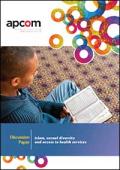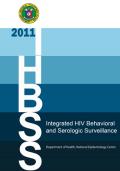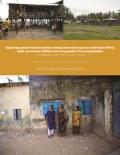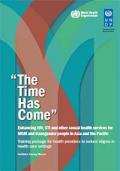Publications on Men Who Have Sex With Men (MSM)
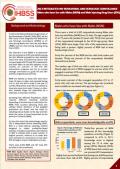
Resource | Fact Sheets,
The objective of the IHBSS is to determine the: (a) prevalence of HIV and syphilis among the key affected populations and establish trend over time, (b) behavioral factors that are associated with STI and HIV transmission and their effect on the HIV epidemic in the country, (c) outcome of STI and HIV intervention programs and (d) to provide strategic information to guide STI and HIV policies, programs and services.

Resource | Fact Sheets,
To track the epidemic and inform intervention, men who have sex with men (MSM) was included as the one of the four major at-risk populations in the HIV/AIDS Response Indicator Survey (HARiS). The first HARiS was conducted in 2013, via commissioning to the Stanley Ho Centre for Emerging Infectious Disease, School of Public Health and Primary Care of the Chinese University of Hong Kong.
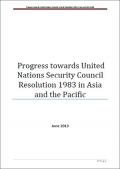
Resource | Publications,
The HLM targets and UNSC Resolution 1983 provide an opportunity to scale up universal access to HIV and AIDS related services for all uniformed service personnel and their family members and for people living with HIV and the key populations at higher risk of HIV with whom uniformed services personnel interact.








